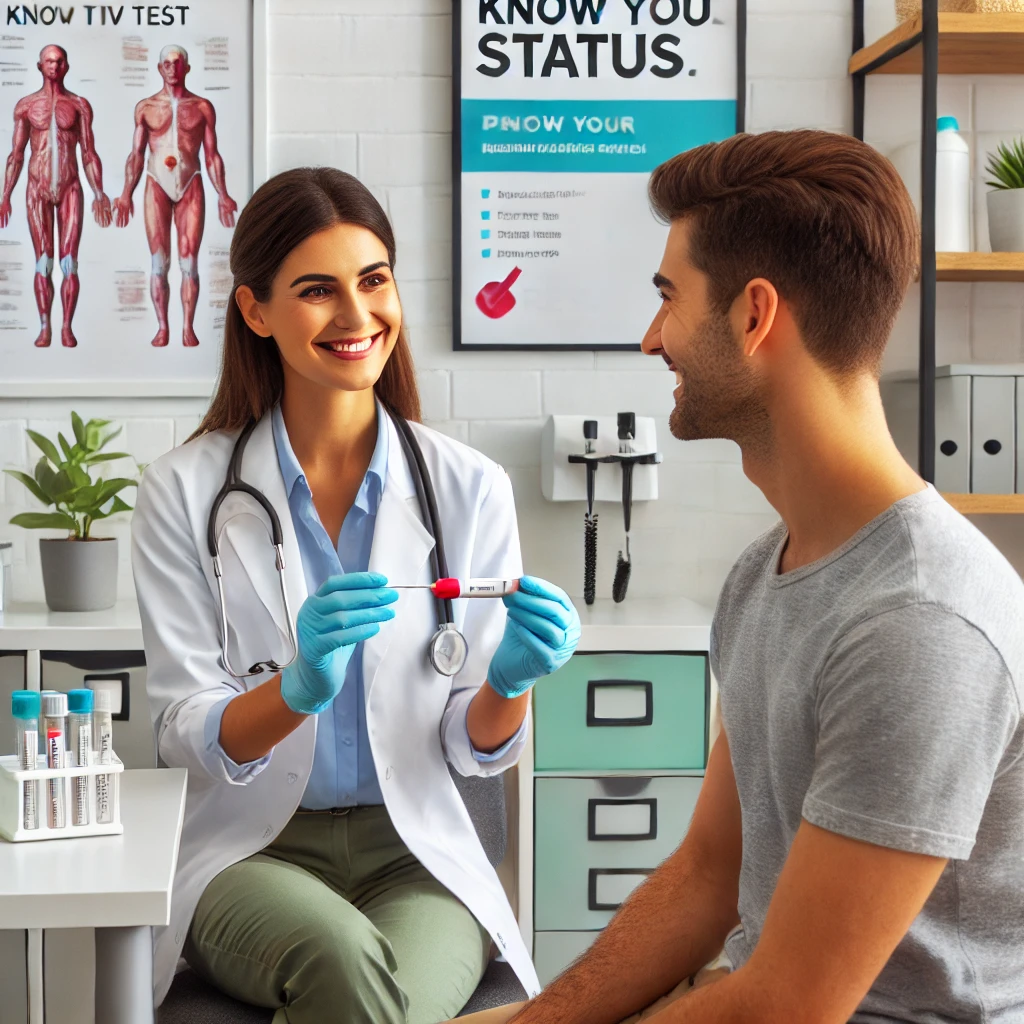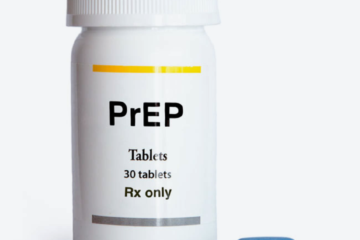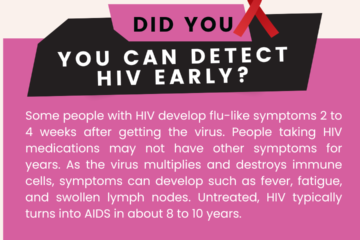HIV testing is a critical step in maintaining good health and preventing the spread of the virus. The frequency of testing depends on several factors, including your lifestyle, health status, and potential risk of exposure to HIV. Here’s a detailed guide:
1. Routine Testing (At Least Once a Year)
Everyone between the ages of 13 and 64 should get tested for HIV at least once as part of routine health care. This is particularly important if you’ve never been tested before. Knowing your HIV status empowers you to take steps to protect yourself and others.
2. Frequent Testing (Every 3 to 6 Months)
You should consider testing more often if you fall into a higher-risk category, such as:
- Having multiple sexual partners.
- Engaging in unprotected sex (without using condoms or PrEP).
- Having a partner who is living with HIV or whose status is unknown.
- Sharing needles or equipment for injecting drugs.
- Being diagnosed with a sexually transmitted infection (STI), hepatitis, or tuberculosis.
Testing every 3 to 6 months is ideal for individuals at higher risk to ensure early detection and treatment if necessary.
3. Testing During Pregnancy
Pregnant women should be tested for HIV during their first prenatal visit. This helps reduce the risk of mother-to-child transmission. In some cases, repeat testing in the third trimester may be recommended.
4. After a Potential Exposure (Within 72 Hours)
If you think you’ve been exposed to HIV—for example, through unprotected sex or sharing needles—get tested as soon as possible. Additionally, starting Post-Exposure Prophylaxis (PEP) within 72 hours can help prevent HIV infection.
5. Annual Testing for Specific Groups
Some groups, even if not in high-risk categories, are advised to test annually:
- Individuals who frequently travel to regions with high HIV prevalence.
- People in stable relationships but with a partner who might be at risk.
- Healthcare workers exposed to occupational risks.
Why Regular Testing Matters
- Early Detection: Early diagnosis of HIV allows for timely treatment with antiretroviral therapy (ART), improving quality of life and reducing the risk of transmitting the virus to others.
- Peace of Mind: Knowing your status eliminates uncertainty and allows you to make informed decisions about your health.
Where to Get Tested
You can get tested at:
- Hospitals or clinics.
- Community health centers.
- At-home testing kits (available in many locations).
- Special events like World AIDS Day campaigns.
Remember, testing is confidential, and many locations offer free or low-cost services. Take charge of your health today—know your status!



